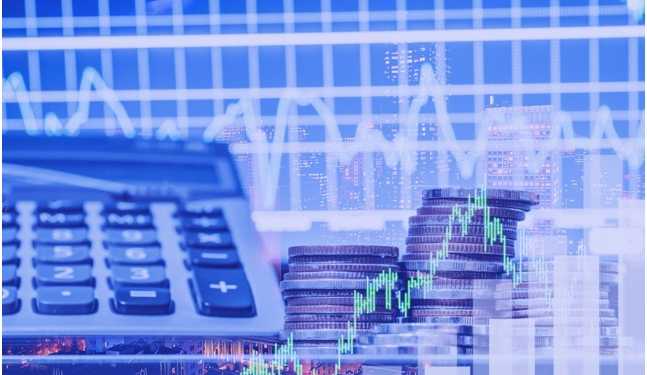The humble calendar has been a part of diary management systems everywhere for centuries. But in the modern financial services context, calendars take on a different and even more crucial function. Economic calendars which track all the different events on the financial and political calendars are essential for working out when to place a trade, and for avoiding (or factoring in) market-moving events that could cause your investment to lose value. This article will explore what economic calendars are and look at how and when traders might use them.
What is an economic calendar?
First of all, it’s worth getting a clear idea of what an economic calendar actually is. This tool aggregates all of the publicly available information from some of the world’s major central banks, economic statistics houses, and more – and brings it together into one easy to use centralized resource. The entries are diverse: usually, it will include any upcoming central bank activity such as interest rate decisions, and it will also usually contain major statistical releases from governments in leading economies – like gross domestic product (GDP) rate publications.
The economic calendar also features more than one figure. It will usually begin by listing the “previous” amount at which the metric in question was listed, such as the rate at which the central bank last left interest rates. Then, it will usually go on to show the consensus around where the metric or rate is likely to go next (if one is available), put together by analysts. Finally, it will normally record the actual metric or rate once that is revealed.
It’s worth pointing out that economic calendars are, for the most part, free of charge. Sometimes advanced economic calendars are available as paid-for products, but the basic versions are usually added to websites across the Internet without a fee or a paywall. Brokers like Capital Markets Elite Group often offer economic calendars as part of their overall package to the traders on their books, too.
Don’t forget politics
Despite the name, economic calendars are not just about news from the financial markets. On the contrary, they also contain key information from the world of politics. They may mark up when general elections are taking place in major economies, or they might specify meetings between government ministers from different parts of the world.
Why, you might ask, would this be relevant to a set of financial traders? The answer is that the financial markets are complex beasts, dependent on all sorts of factors – including the decisions of governments. Say an advanced economy is holding a general election between a free-market politician and a socialist. If the socialist wins, the economy is likely to change dramatically and become more planned. If the socialist candidate is surging ahead in opinion polls, those in that country who are investing in industries which don’t fit into the proposed planned economies may decide to liquidate their holdings.
Or it could be an issue of time. Often, elections cause short-term volatility while the market re-adjusts to a potential new set of circumstances. Traders who are planning to hold only for the short term will want to factor this inand base their decisions around it.
Depends on the asset class
The utility of an economic calendar does depend to some extent on the asset class that the trader in question is buying and selling. Investors in fast-moving markets which have volatility built into them, like foreign exchange, may find economic calendars to be particularly useful – especially if they are only planning to keep positions open for a few days or a week. Those looking for longer-term capital growth, however, may find the utility of their economic calendar to be a bit lower, as day by day events are less likely to intersect with their strategy.
But traders of any asset class can benefit from having this sort of resource on their side. The world is increasingly globalized, and an announcement affecting one asset class in one country can quickly become something that affects an asset class in another. The economic calendar is often the only way to see all these market-moving factors in one location, and given it’s often free, there’s little reason not to check it.
Overall, economic calendars are useful for all sorts of traders no matter what asset class they’re operating in. However, it’s true to say that some more than others are likely to benefit, particularly, for example, those trading on the highly volatile forex markets who might well want to keep their economic calendars very close at hand. But all traders can benefit by keeping an eye on economics and politics: knowledge, after all, is power, and that’s as true for trading as it is for anything else.


